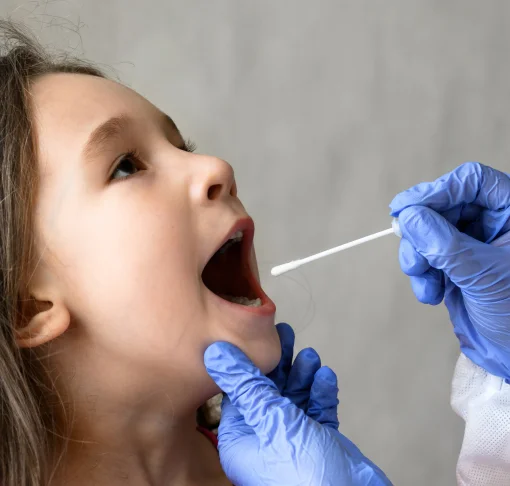Understanding PEth Testing for Legal Purposes
Phosphatidylethanol (PEth) testing is a highly specific method for detecting alcohol consumption, providing a reliable marker of recent ethanol intake. PEth is a superior marker that is used in child custody cases and other legal cases to test participants for excessive alcohol misuse and complete abstinence (teetotalism). However, questions often arise about whether the use of alcohol-containing products, like mouthwash or hand sanitiser, can result in a positive PEth test. Let's explore this topic in detail.
What is PEth?
PEth is formed in the blood only after ethanol (alcohol) consumption. This makes it a direct and specific marker of alcohol use, distinguishing it from other indirect markers that may indicate alcohol use but are less specific. In simpler terms, unlike other alcohol markers, PETh will only be present in blood if alcohol is consumed.
What Is the Specificity and Reliability of PEth Testing?
PEth testing is known for its specificity and reliability. The test directly measures the presence of PEth in the blood, which is only produced following the ingestion of ethanol. This minimises the chances of false positives from the analytical technique itself, which makes it up to 99% specific for alcohol consumption.
Can Mouthwash or Hand Sanitizer Affect PEth Results?
Normal use of products containing alcohol, such as mouthwash and certain cough syrups (if it contained alcohol), generally results in the absorption of only small, insignificant amounts of ethanol. These trace amounts are unlikely to significantly impact PEth levels in the blood. However, if multiple alcohol-containing products are used frequently and in combination, there could be a slight increase in PEth levels. The impact, though, is generally minimal and unlikely to produce an elevated PEth result.
On the other hand (no pun intended), the concern with hand sanitiser relates to the possibility of blood contaminated with the hand sanitiser containing ethanol during the process of the blood collection. AttoLife employs the Dry Blood Spot (DBS) technique for the blood collection. With DBS sample collection, several precautions are taken to avoid external contamination. For instance, the donor’s fingertip is cleaned by an ethanol free wipe and prepared carefully before the blood sample is taken to minimise the risk of any external ethanol affecting the results.
Is PEth Testing a Precise Method of Testing?
While it is theoretically possible for frequent use of alcohol-containing mouthwash, cough syrups, or hand sanitisers to contribute to PEth levels, the amounts involved are typically too small to significantly impact the results of a PEth test. The standard procedures in place during sample collection and the specificity of the test itself make the occurrence of false positives due to these products highly unlikely.
Therefore, while one cannot completely rule out the possibility of slight contributions to PEth levels from the use of such products, the likelihood of a significant impact leading to a false positive result is very low. PEth remains a reliable and specific marker for assessing recent alcohol consumption.
AttoLife UK Based in-house labs are equipped to meet your testing needs with reliability and expert support. Please get in touch with our team for any enquiry about PEth blood testing, hair strand drug testing, nail drug testing, DNA testing or any other enquiries. For more information about PEth testing, check out this blog.
Explore Blood Tests
